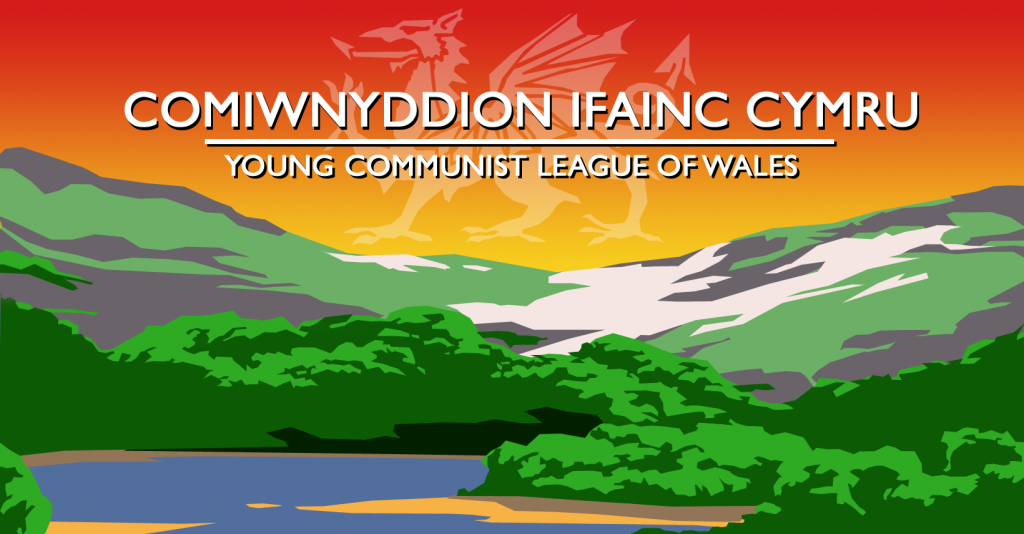Comrades of the growing Young Communist League Wales highlight the importance of education in building the YCL and the need to combine theory and practice.
The arrival of the COVID-19 pandemic in person branch meetings and postponed the commemoration of the Centenary of our Party. However, this hasn’t stopped our cadres from organising, building branches and engaging in online open debates.
Over the last few weeks, different YCL branches across Britain have been sharing a couple of hours every now and then to discuss history, politics and Marxist philosophy in order to reinforce our political praxis once the lock-down is over.
This last Sunday 7th of June, the Welsh YCL organised a debate on “Building a Movement” from a Marxist-Leninist perspective. The reading of three brief texts complemented the debate on the text Combat Liberalism and Oppose Book Worship, both by Mao Zedong, and What is to be Done (chapter 1) by V. I. Lenin. The aim of this discussion was to understand the ways in which we can better adapt they YCL, our party and movement from an organisation studying and calling for socialism to one that can take power and practice it.
Drawn from the key ideas expressed in these classic texts, three questions were put forward to debate: (1) How to stimulate the debate and formation amongst ourselves? (2) How could we find a balance between combating “dogmatism” as well as “non-constructive criticism”? (3) How could we approach “mass investigation”: working people in unions and workplaces, and how does this relate to our daily work in our branch?
A large number of communists participated in the debate, mainly from the YCL and the Communist Party, as well as two from the Connolly Youth Movement and two others from the Communist Party of Spain. With no doubt, many interesting ideas sprung from this international – indeed internationalist – debate, some of which we would like to share with readers of Challenge.
The first idea was to establish the need to encourage constant learning by two different but complimentary means. On one hand, we have the relevance of party member branch discussions – such as the one we were holding – in order to approach a theoretical understanding of our history, methods of analysis and policy making. On the other hand, we have the relevance of dynamic engagement in the administrative-political responsibilities of the party as well as outside, in unions and workplaces, in order to gain a grasp on the most immediate socio-political problems of our immediate local environment and how to approach them.
These both serve, first, as means to gain a conscious direct understanding of the current political struggles, as well as of the socioeconomic data that explains them and the social working-class organisations approaching them with which to collaborate. However, these would also serve as means to learn how to engage with fellow comrades and workers, how to transmit our discourse and how to listen and identify potential allies.
Praxis and theory should be understood as two positive means of action in dialectic development. A cohesive approach is necessary for our movement to be able to grow and truthfully engage with broader sections of the working class. Only then we will be able to gain state power and maintain it to build a socialist internationalist anti-imperialist Britain.
We have much to learn for we have much to fight for. As our comrade Gramsci said: “Educate yourselves because we’ll need all your intelligence. Stir yourselves because we’ll need all your enthusiasm. Organize yourselves because we’ll need all your strength.”
Young Communist League Wales



